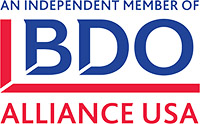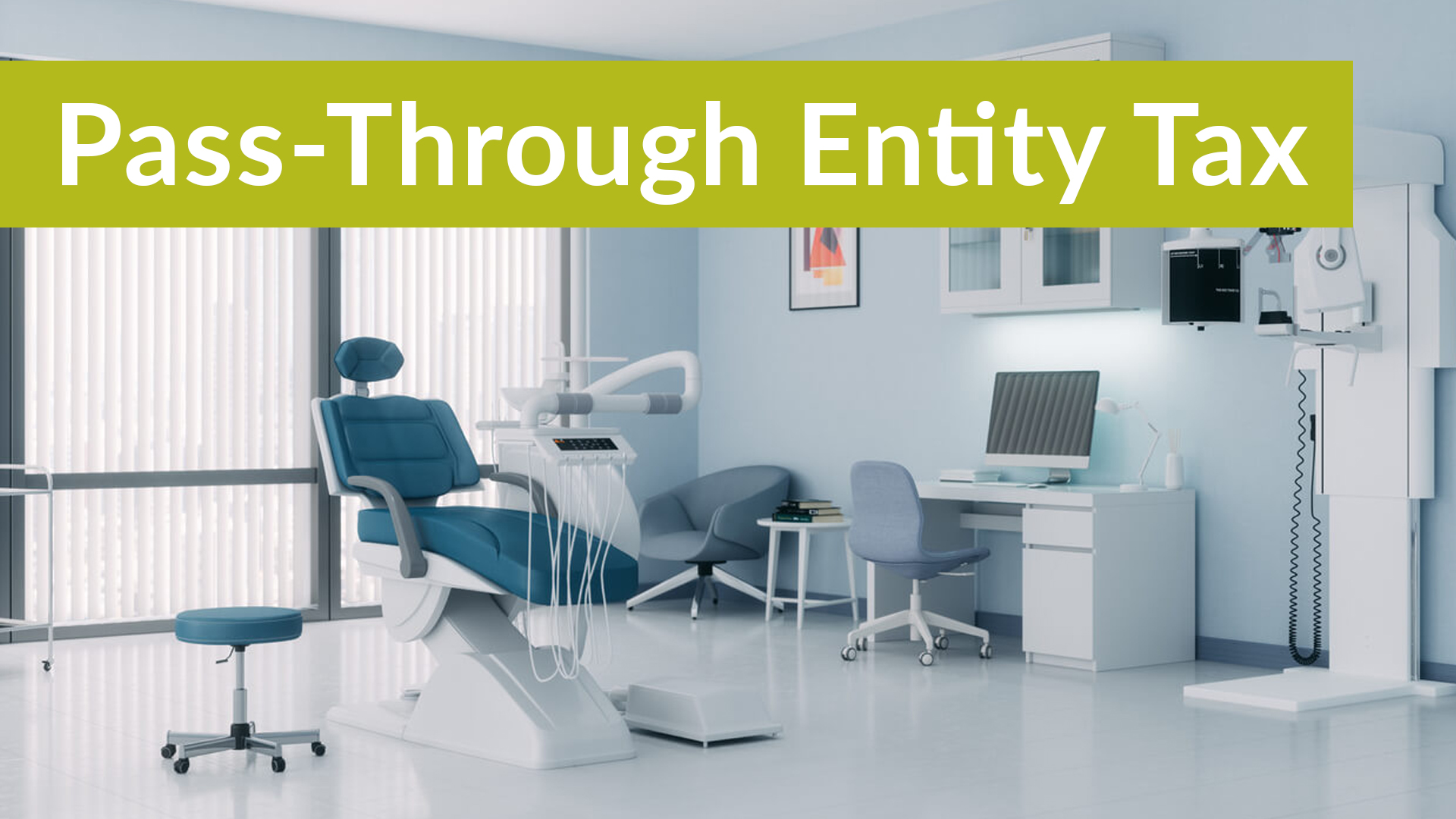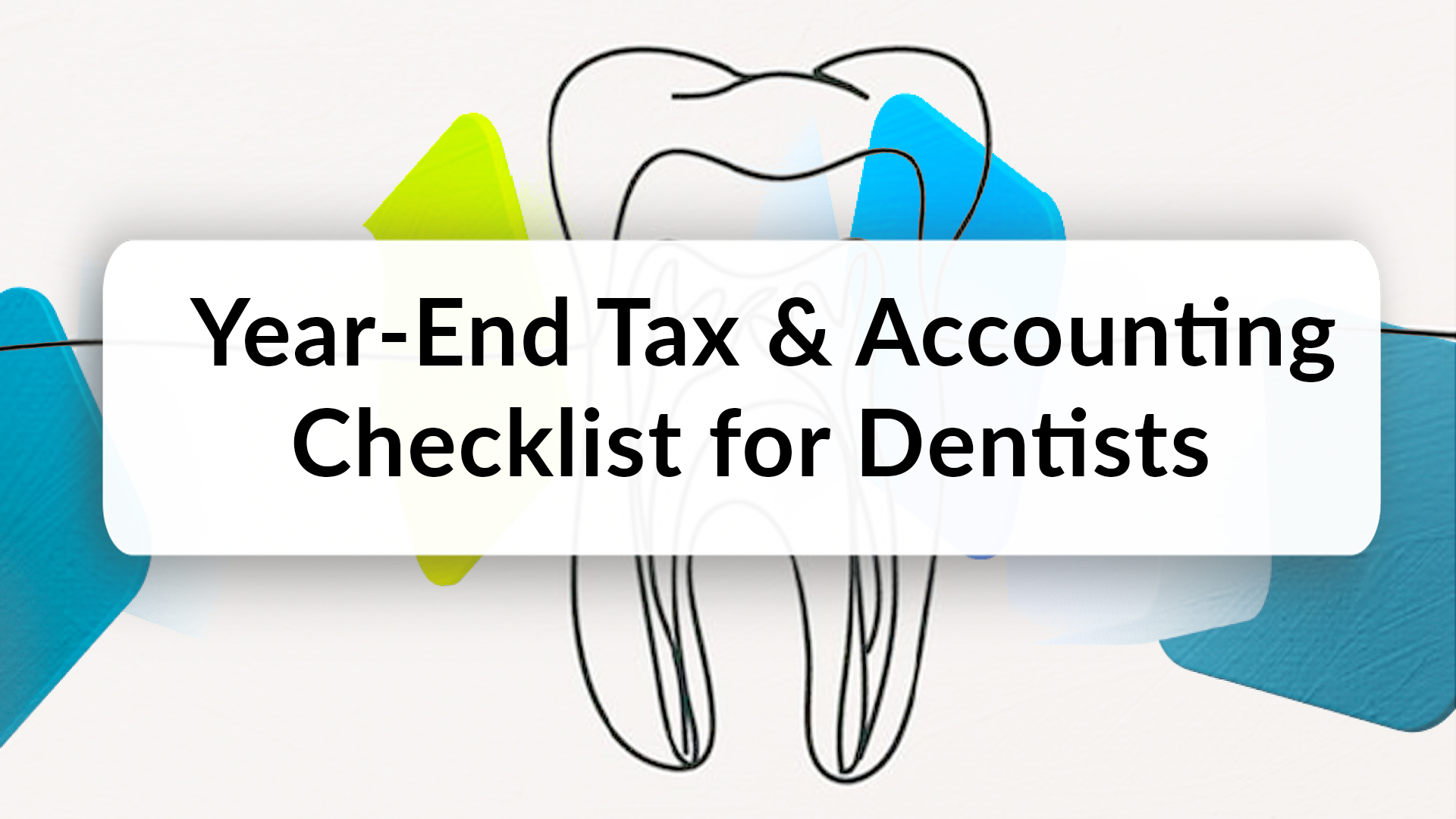
By: Marc Berger, CPA, JD, LLM
The IRS Tax-Exempt and Government Entities (TE/GE) Division released its “Fiscal Year 2021 Accomplishments Letter” on Jan. 6, 2022. The letter contains information about the TE/GE’s contributions to the tax administration process and describes the division’s accomplishments during the recently completed year.
In fiscal year 2021, TE/GE continued to identify tax compliance issues through its compliance strategy process. This process is based on the following six programs:
- Compliance Strategies: Issues approved by the TE/GE Compliance Governance Board to identify, prioritize and allocate resources within the TE/GE filing population.
- Data-Driven Approaches: Data and queries, based on quantitative criteria, used to identify high risk areas of noncompliance and focus on issues with the greatest impact.
- Referrals, Claims and Other Casework: Referrals of alleged noncompliance from internal and external sources, and claims for refunds, credits or adjustments.
- Compliance Contacts: Correspondence contacts, known as compliance checks, addressing potential noncompliance, and educational letters to limit costs and taxpayer burden.
- Determinations: Letters issued to exempt organizations on exempt status, private foundation classification and other determinations related to exempt organizations.
- Voluntary Compliance and Other Technical Programs: In addition to the Voluntary Correction Program for employee benefit plans, other technical programs, including Knowledge Management, work to ensure the quality and consistency of technical positions, provide timely assistance to employees and preserve and share TE/GE’s knowledge base.
Improving Processes
In fiscal year 2021, TE/GE continued its Lean Six Sigma (LSS) efforts in two significant areas. In the examination area, the LSS team continues to work through the recommendations to improve exam-related processes and should be completing these efforts in early 2022. In addition, a new LSS team was established to look for process efficiencies with the compliance check process.
Collaborative Partnerships
TE/GE collaborated with a diverse group of stakeholders to strengthen its programs in fiscal year 2021. The division partnered with the IRS Information Technology function to drive key components of the IRS modernization plan. It continued its collaborative efforts with the deployment of Enterprise Case Management to its end users in the Exempt Organization’s Correspondence Unit. In addition, TE/GE spent the year working with stakeholders across the IRS to strengthen its programs addressing fraud, promoter investigations and abusive transactions. TE/GE agents also received specialized training in various areas ranging from promoter/abusive transactions to virtual currency.
TE/GE also continued to partner with its Large Business & International and its Research, Applied Analytics & Statistics (RAAS) groups in the area of high income/high wealth taxpayers and the identification of linkages involving TE/GE organizations. Collaboration in this area is expected to continue throughout fiscal year 2022 with the expectation of participation in joint examinations between IRS divisions.
BDO Insight
In recent years, examinations of exempt organizations have been targeted, generally focusing on one or two areas or issues. The potential for joint exams with other IRS divisions brings back memories of the Coordinated Examination Program (CEP), which was eliminated in 2000. CEP examinations often involved multiple divisions of the IRS and typically lasted several years. The Fiscal Year 2021 Accomplishments Letter does not mention reinstituting the CEP.
Examinations
TE/GE’s Exempt Organization division (EO) completed examinations of 3,249 filings in fiscal year 2021, including the Form 990 series (990, 990-EZ, 990-PF, 990-N and 990-T) and their associated employment and excise tax returns. Overall, 82% of closed examinations resulted in a tax change, and there were proposed revocations for 94 tax-exempt entities. The principal reasons for the revocations were: (1) failure to meet the organizational and/or operational tests, (2) inurement, (3) not operating for an exempt purpose, (4) not operating for an exempt purpose/commercial activity, (5) not operating for an exempt purpose/non-member income, (6) operational requirements, and (7) political activity.
Compliance Strategies
EO initiated and continued several compliance strategy examinations to address noncompliance, including:
- Hospital Organizations with Unrelated Business Income: Focused on unrelated business taxable income reported on Form 990-T where expenses materially exceeded gross income.
- Section 501(c)(7) Social Clubs: Focused on investment and nonmember income.
- Section 4947(a)(1) Non-Exempt Charitable Trusts: Focused on organizations that under-reported income or over-reported charitable contributions.
- Previous For-Profit: Focused on organizations that formerly operated as for-profit entities prior to their conversion to Section 501(c)(3) organizations.
- Private Benefit and Inurement: Focused on organizations that show indicators of potential private benefit or inurement to individuals or private entities by way of private foundation loans to disqualified persons.
The most prominent issues that were found in closed compliance strategy examinations related to miscellaneous excise taxes, unrelated business income, filing requirements and operational requirements.
Data-Driven Examinations
EO initiated and continued several data-driven compliance examinations, including:
- Tax-exempt organizations selected through compliance query sets based on information reported on Forms 990, 990-EZ, and 990-PF.
- Tax-exempt organizations identified with RAAS to research indicators of private benefit/inurement involving officer/business partnerships, under-reported credit card income and related employees in for-profit partnerships.
The most prominent issues found in these data-driven examinations related to filing requirements and unrelated business income.
Referrals, Claims and Other Casework
EO also examined entities that filed and received exemption using Form 1023-EZ, Streamlined Application for Recognition of Exemption Under Section 501(c)(3), and from referrals both inside and outside the IRS. These referrals included hospital examinations referred from reviews conducted by TE/GE for compliance with Section 501(r) and other noncompliance issues.
EO also pursued promoter investigations and supported examinations in partnership with the Small Business/Self-Employed group-led investigations. In addition, EO spent nearly 8,000 hours assisting the Criminal Investigations group with fraud investigations as cooperating agents.
The most prominent issues found in EO’s Referrals, Claims and Other Casework examinations were unrelated business income, organizational requirements, abatements and excise taxes.
Determinations
EO closed 94,466 determination applications in fiscal year 2021, including 81,589 approvals, 76,852 of which were approvals for 501(c)(3) status. A large majority of these 501(c)(3) determinations used Form 1023-EZ to apply. Use of 1023-EZ has grown since its introduction in 2014, and in fiscal year 2021 TE/GE updated its procedures for processing Form 1023-EZ.
BDO Insight
While TE/GE continues its efforts to improve service for the tax-exempt community, IRS response time on applications for exemption is still inconsistent, raising the frustration level for applicants and their advisors.
Summary
The Fiscal Year 2021 Accomplishments Letter reflects TE/GE’s continued focus on addressing noncompliance in the tax-exempt organization sector. The hiring of additional revenue agents, combined with continued advancement in the use of technology, will likely result in increased examinations of tax-exempt organizations for the foreseeable future. Organizations should take the necessary steps to ensure they are operating within the rules.
Article adapted from the Nonprofit Standard blog.
For more information, contact Marc Berger, National Director Nonprofit Tax Services, mberger@bdo.com.




